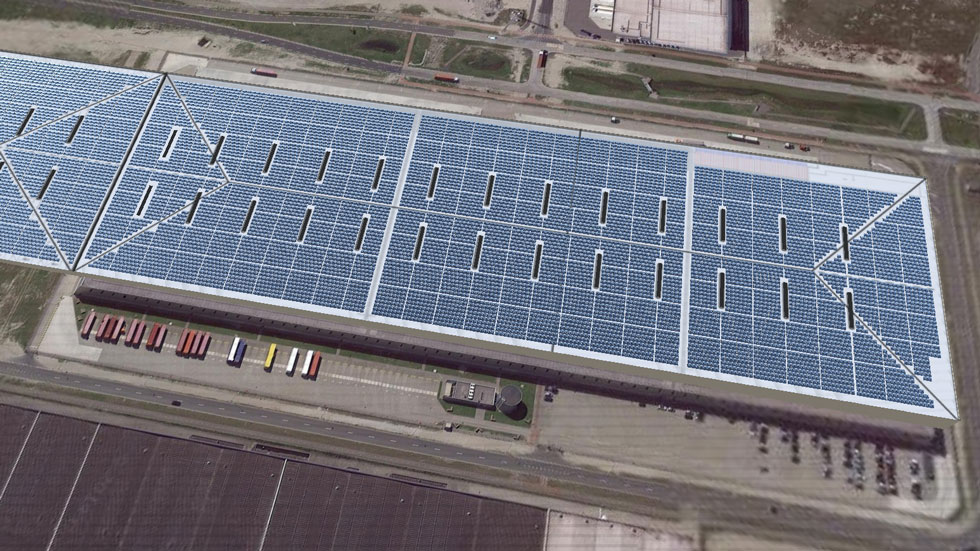This case study was published in the 2022 REIT Industry ESG Report, which details the REIT and publicly traded real estate industry's environmental, social, and governance (ESG) performance and features 32 case studies showcasing REIT leadership and ESG innovation from a variety of sectors. The report serves as a practical tool for shareholders and stakeholders to assess the scale and impact of the REIT industry's ESG commitments and initiatives. Applicable footnotes and/or citations for this case study are available in the full report.
Engaging with Tenants to Reduce Environmental Impacts and Add Long-Term Value to a Global Portfolio
W.P. Carey Inc. strives to be an industry leader in environmental sustainability by taking a proactive and collaborative approach to quantifying and reducing its portfolio’s global carbon footprint.
As a net lease REIT, nearly all of W. P. Carey’s properties are leased to tenants on a triple-net basis, whereby tenants are responsible for the maintenance and energy usage of their facilities. Despite this lack of direct control, W. P. Carey effectively manages its portfolio’s environmental impact through a three-phased approach:
Data Collection: In 2021, W. P. Carey launched a multi-year program to collect tenant energy data through partnerships with several technology providers and a proprietary business intelligence platform. In partnership with a leading data aggregator, the company automates and scrapes utility data from its global tenant base which is then fed into a management platform that processes the data and calculates the carbon footprint of the portfolio. The data is then captured by a proprietary business intelligence platform which enables W. P. Carey’s key decision makers to identify outliers and opportunities for carbon reduction. Through this process, in 2021, W. P. Carey collected energy data from tenants representing 25% of annualized base rent (ABR).
Systematic Engagement in Tenant Outreach: Each asset manager at W. P. Carey is responsible for a portfolio of tenants, enabling them to develop long-term relationships and build direct dialogue with management teams on how the tenant can more effectively operate their facility. As part of this process, the team has initiated an outreach survey to collect information on tenants’ sustainability goals. Additionally, the company has embedded sustainability as part of the discussion in all key moments throughout a lease term, including initial acquisition, lease renewal, or disposition.
Sustainable Investments: Through tenant engagement, W. P. Carey can identify opportunities for sustainable investments that can help improve the tenant’s environmental performance and reduce its operational costs. For example, at the company’s Netherlands facility in the Port of Rotterdam, W. P. Carey partnered with tenant, Nippon Express, one of the largest third-party logistics companies in the world, to install a one-million-square- foot solar roof. This and similar projects, including building energy retrofits or green building certifications, are supporting tenants’ environmental goals, while also providing attractive incremental returns on invested capital.
“Since W. P. Carey first acquired our facility in 2015, the company has served as a true partner and consistently worked with us to achieve both our business and sustainability goals. With W. P. Carey’s help, we now have one of the largest solar rooftops in the Netherlands, generating 12,000 MWh annually and helping us achieve the highest standard of sustainable logistics operations.”
-Alwin Jonk, Nippon Express, Tenant of W. P. Carey
Through these strategic initiatives, W. P. Carey is not only helping to reduce its portfolio’s environmental impact, but also improve the overall quality of the company’s assets, deepening tenant relationships, and increasing renewal probabilities.
W.P. Carey Inc. is one of the largest diversified net lease REITs that provides real estate-based capital solutions for companies primarily in the U.S. and Europe.
